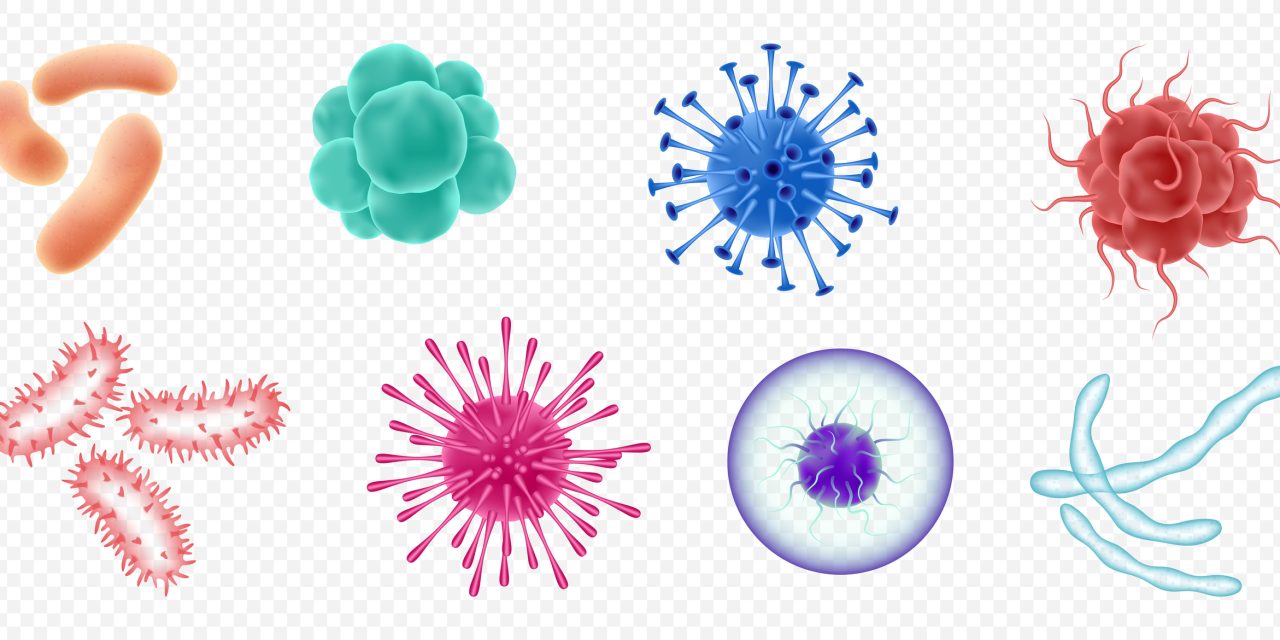Artificial intelligence has pervasively transformed many industries and is beginning to shape medical practice. New use cases are being identified in subspecialty domains of medicine, and, in particular, the application of artificial intelligence has found its way to the practice of allergy immunology. Here, we summarize recent developments, emerging applications, and obstacles to realizing full potential.
Artificial/augmented intelligence and machine learning are being used to reduce dimensional complexity, understand cellular interactions and advance vaccine work in the basic sciences. In genomics, bioinformatic methods are critical for variant calling and classification. For clinical work, artificial intelligence is enabling disease detection, risk profiling, and decision support. These approaches are just beginning to impact the field of clinical immunology, and much opportunity exists for further advancement.
This review highlights the computational methods for analyzing large datasets across the spectrum of research and clinical care for patients with immunological disorders. Here, we discuss how big data methods are presently being used across the field of clinical immunology. Further studies are required to understand artificial intelligence and the hunt for immunological disorders.


